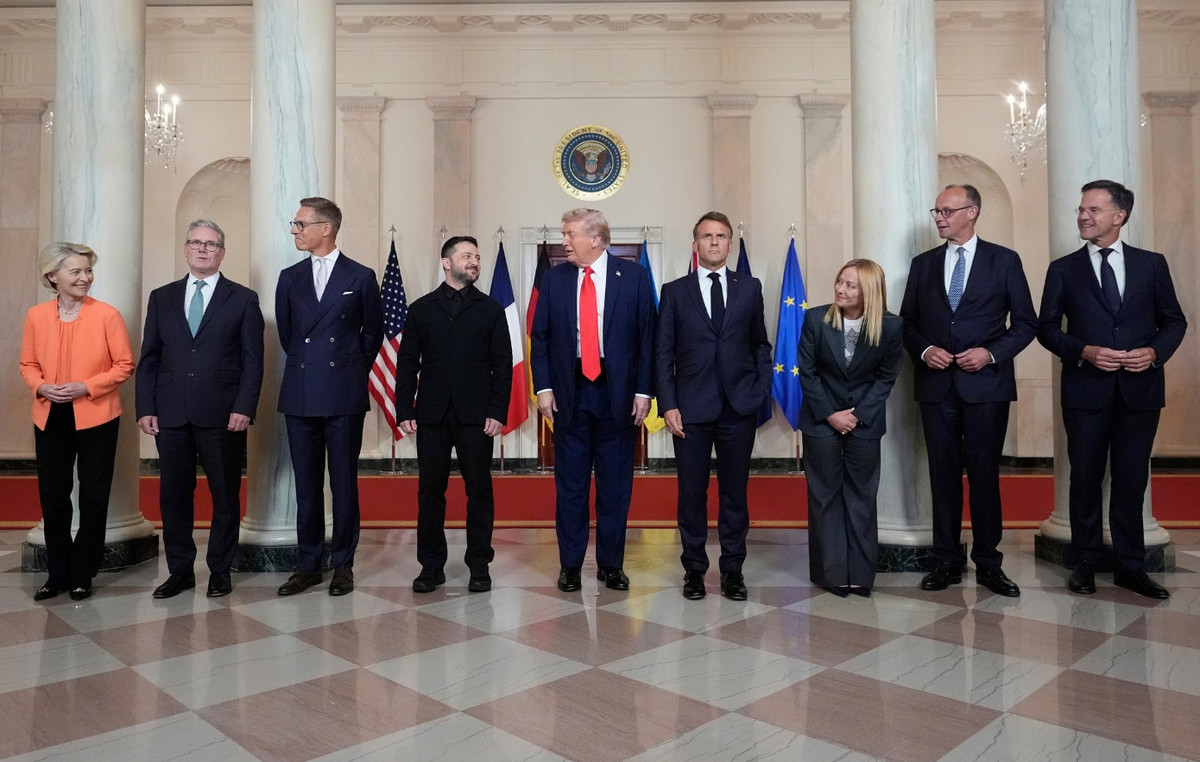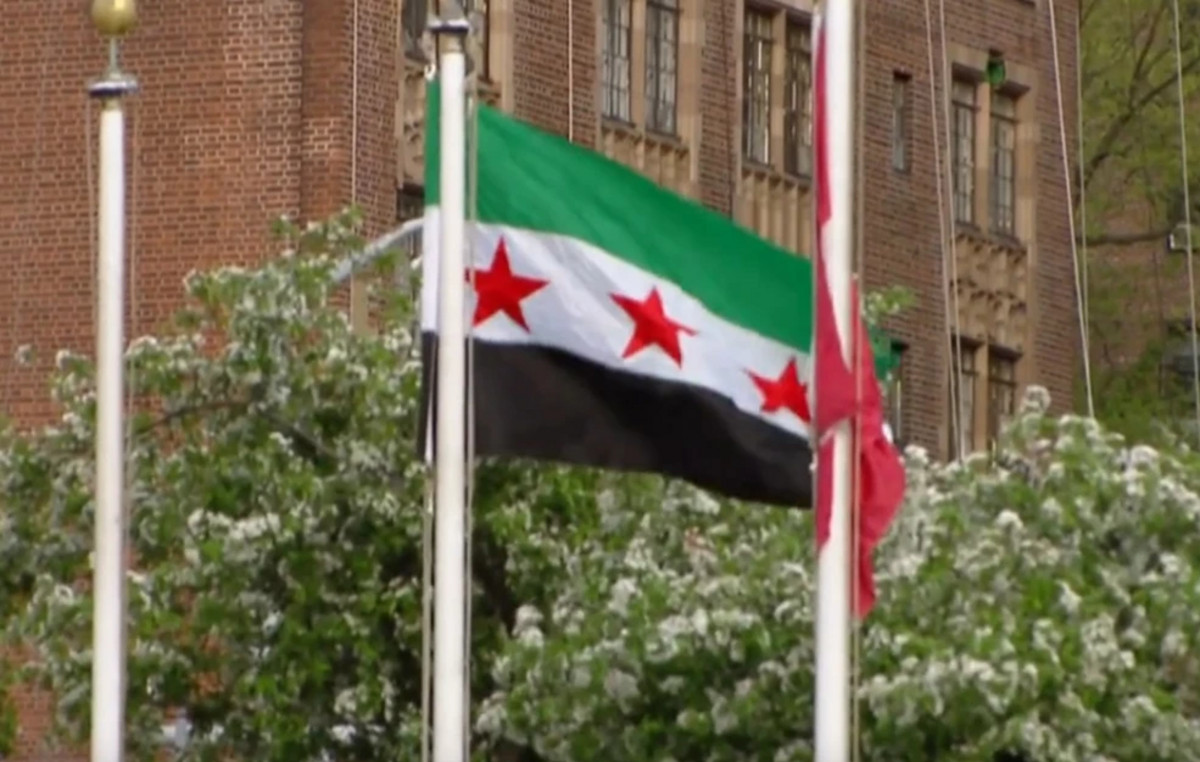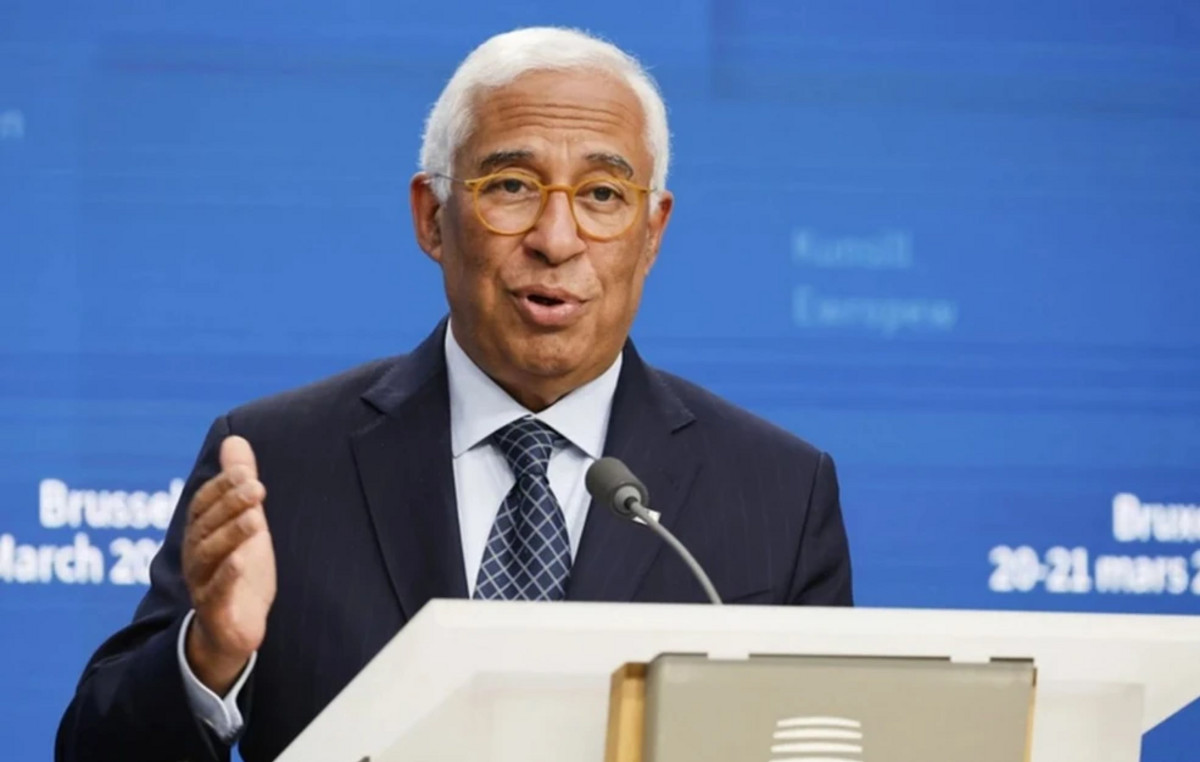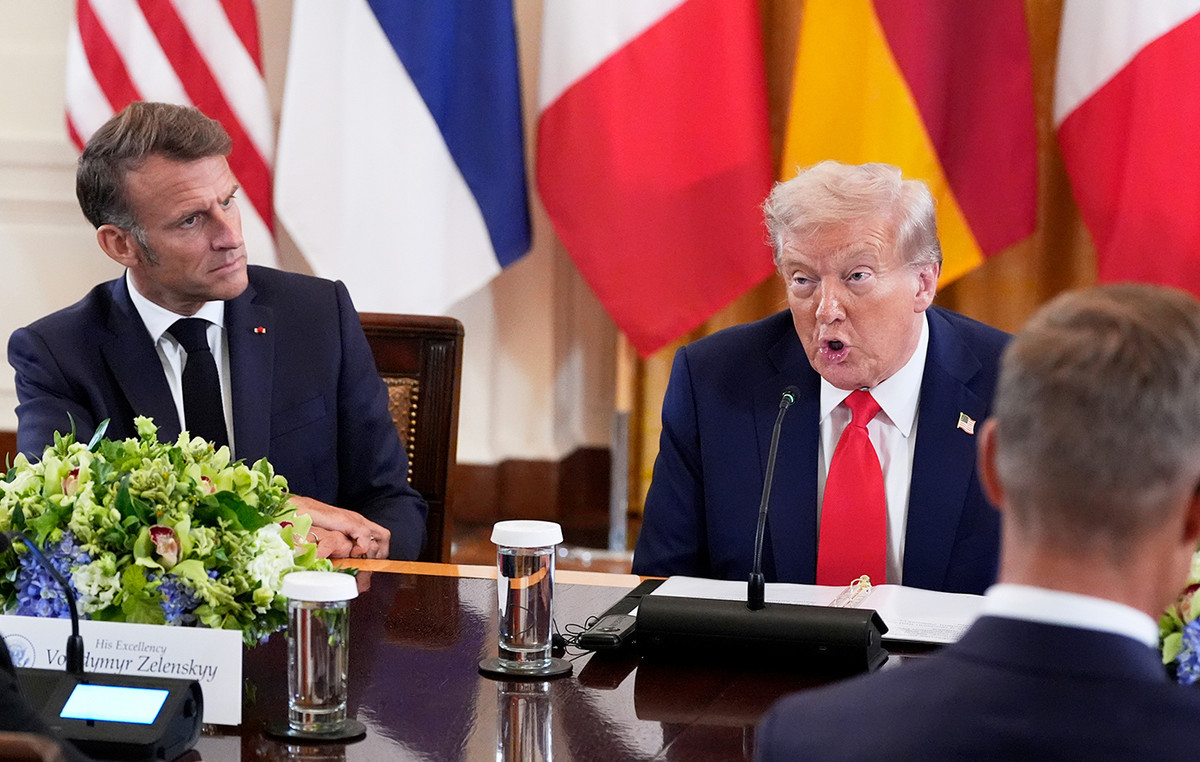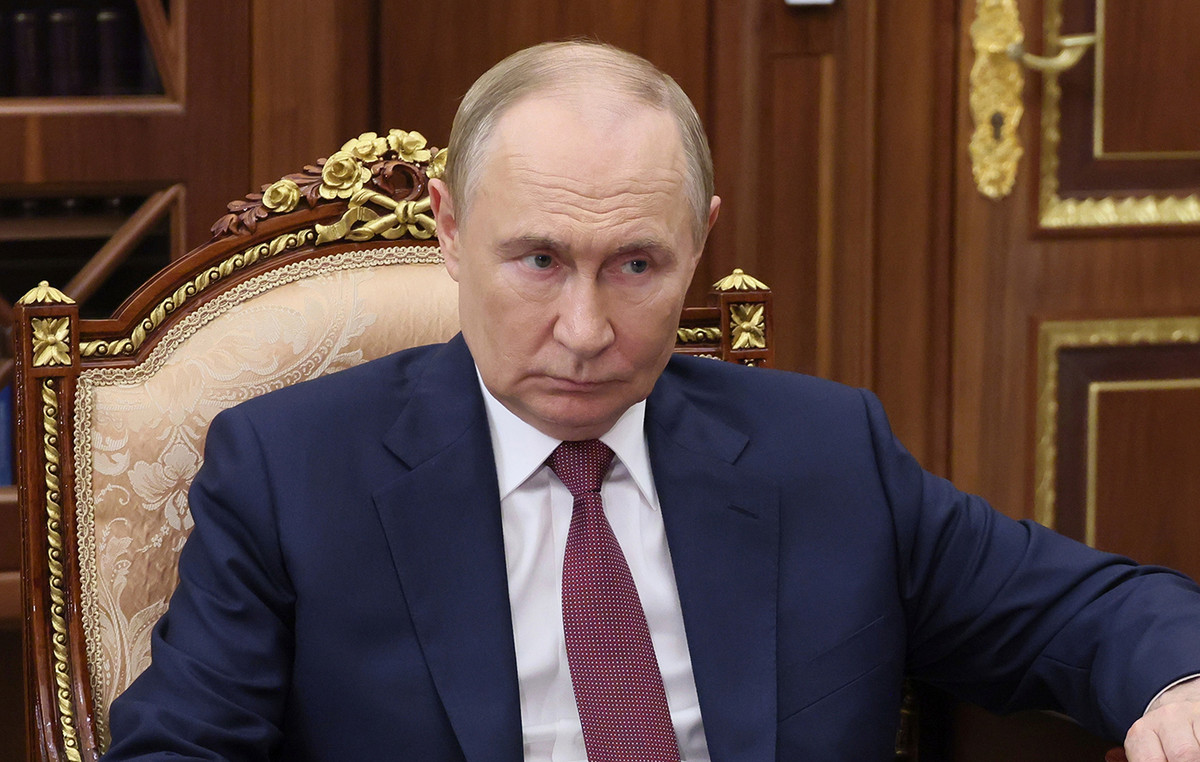I wait for someone to wake me up.
As I witness the surreal and astonishing devastation on the streets of Gaza, where my parents live, and the tragic loss of more than 10,000 Palestinian lives unfolding in real time, my heart continues to sink.
I maintain hope that something, or someone, can end this nightmare. But that never happens.
Instead, I find myself mourning every day for the families affected and the profound injustices that allow such a horrific loss of life to persist.
My wife and I wake up every morning in Virginia knowing we won’t find good news some 6,000 miles away in Gaza.
The updates deepen our despair, leaving Palestinians bearing the brunt of these atrocities while the world watches.
We found ourselves in an unsettling state, as if we were waking up from surgery, still sedated. We know what surrounds us, but meaningful actions seem elusive.
Ahmad, my maternal cousin, lost his parents and all his siblings in a single bomb explosion on Monday (6). To think that just four minutes of him being outside made the difference between life and death is something that gives me deep chills.
My colleagues from the United Nations Relief and Works Agency for Palestine Refugees (UNRWA) on the ground provide daily reports on casualties, facilities hit or damaged by Israeli airstrikes, and shortages of food, water, medicine and fuel in Gaza.
The crippling 16-year blockade imposed by Israel already meant that an incredible 75% of Gaza’s population required food assistance from UNRWA to eat before the latest hostilities.
Our year-end plans at UNRWA USA to secure sponsors for university scholarships for academically gifted refugee students in Gaza have been nullified due to recent events.
Higher education institutions, including Al-Azhar University, where I spent a semester, are now in ruins.
Gaza academics and students have dramatically shifted their focus from contemplating their future careers to basic survival.
My mother’s words in Gaza capture the impact of events since October 7th.
After days of intense worry and a total communication blackout, she confided, “We spend our days and nights staring at the ceiling, imagining that a bomb will fall at any minute and take us to the next chapter.”
It’s a testament to the lingering fear and uncertainty that hangs over my family. The mother’s decision to sleep in the living room with all of her grandchildren to keep them close, whether in this life or the next, is a touching expression of her love and the lengths she is willing to go to protect them.
My eight-year-old nephew, Yazan, finding solace in his belief that his grandmother’s blanket serves as a shield is touching.
In such challenging times, it is these small acts of love and care that provide a glimmer of hope and a sense of security, even in a profoundly dangerous world.
The burden placed on the shoulders of young people like Yazan’s is a painful testament to the extraordinary challenges faced in today’s Gaza.
Standing in line for hours just to get bread, now a valuable commodity in a war zone facing food and water shortages, is a reflection of daily difficulties.
My nephew Omar told me, “Every time I leave home, I wonder if I will return to my family unharmed or if I would be unlucky and in the wrong place at the wrong time.”
In these moments of deep anguish and reflection, it is imperative that the international community, including leaders like US President Joe Biden, come together and urgently call for a ceasefire.
We must ensure that human rights and international laws are respected, promoting a world where no life is considered disposable, regardless of someone’s nationality or origin.
We must fight for a future where the value of every individual, including Palestinians, is respected and protected.
If we are unable to help the civilians living in the Gaza Strip, we will be pushing them further and further into the abyss of despair and hopelessness.
Palestinians, tired of living for decades under violent military occupation, never gave up.
International law requires that even an occupying power guarantee the health and safety of the occupied population and explicitly prohibits collective punishment and/or forced transfer.
However, when I see the current situation in Gaza and the relentless attack on the entire population, I cannot help but wonder if the Israeli military intends a definitive surrender to teach us and our children, as they taught our grandparents before us , that we are a defeated people.
I left Gaza in mid-August and, as I left the Rafah crossing, I told my friends: “Take care of your homeland.” That phrase has never seemed more relevant.
See also – More than 60% of Palestinians lost their jobs in Gaza
Source: CNN Brasil
Bruce Belcher is a seasoned author with over 5 years of experience in world news. He writes for online news websites and provides in-depth analysis on the world stock market. Bruce is known for his insightful perspectives and commitment to keeping the public informed.

